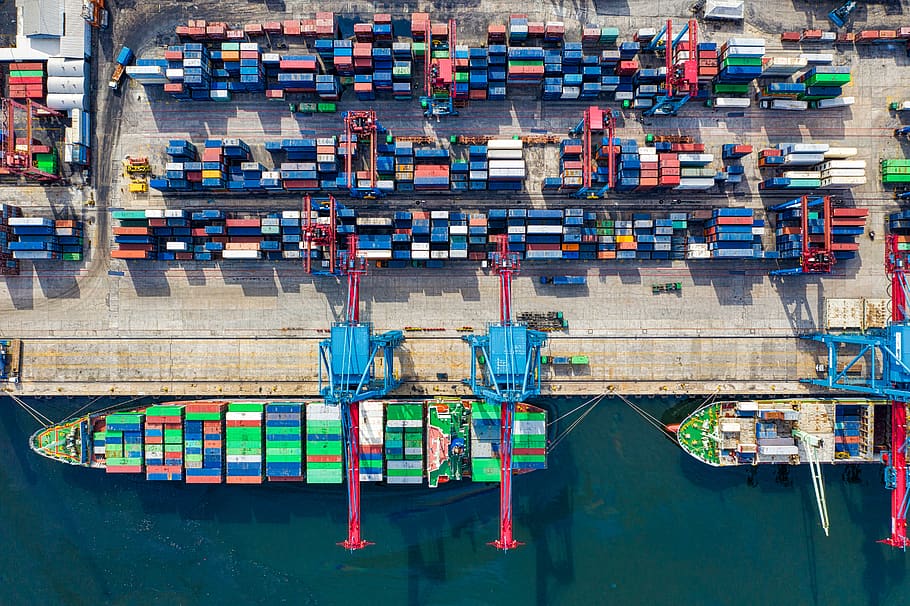Today’s entry is my article for a 360-degree analysis in the Fair Observer°. Fair Observer° is a multimedia, multidisciplinary, multinational platform that provides analysis of issues, events, and trends of global significance. Its context articles form the centerpiece of the 360-degree analysis. It is supplemented by analyses of the issue. The context is also the objective while analyses are from different perspectives. For the original article click HERE
17 JULY 2012
Author: SOLOMON APPIAH
Background
Since 2008 the global financial order has plunged into a trough. Factors that have been identified as causal to this dilemma include lax regulation of banks, poor oversight of financial transactions, and imbalances in tax law and commercial law – in short, loopholes in the free market itself.
The symptoms are many. Banks are over-leveraged with low-quality loans, their toxic balance sheets impacting sovereign credit ratings and borrowing costs in the US, Spain, Ireland and Iceland.
As financial transaction volume has reached 70 times total world GDP (88% of which is accounted for by derivatives trading), hedge funds can earn and lose billions in Credit Default Swaps, dark-pool trading and naked short selling. Due to excessive risk-taking and poor management, a number of hedge funds have failed in the last decade, most recently MF Global. Even trading desks at large banks such as UBS and JP Morgan have sustained heavy losses.
Another alarming (and relatively unknown) aspect of financial non-regulation is the apparent disappearance of about $50tr of global wealth, according to a report prepared by a subcontractor of the US Department of Defense. The report blamed financial terrorism and/or economic warfare.
Finally, Multinational Corporations (MNCs) operate in largely unregulated global space given the existence of tax havens, weak labor laws, and the absence of international commercial law. Estimates suggest that tax havens cost the US and UK governments$100bn and £16bn per year, respectively.
Why is global regulation relevant?
Globalization has cemented the political, social and economic ties between states. With the proliferation of regional integration phenomena and increased technological advancement driving globalization at a speedy rate, the possibilities for finance, tax planning and trade have increased faster than regulation.
Technology-driven globalization, one could argue, freed financial sectors from the traditional restraining forces of states into an arena where no holds were barred. But if the world is to have a sustainable framework for crisis prevention and mitigation, it may need to develop a mindset that advocates regulation at a transnational and global level.
